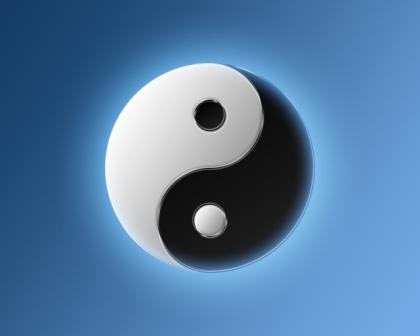|
|
||||||||||||||||||||||||||||||||||||||||||||
|
.
|
Defining
Compassion
Wiki: "Compassion (from Latin: "co-suffering") is a virtue —one in which the emotional capacities of empathy and sympathy (for the suffering of others) are regarded as a cornerstone of greater social interconnectedness and humanism —equivalent to the highest principles in philosophy, society, and personhood... ...Ranked a
great virtue in numerous philosphies, compassion is considered in all
the major religious traditions as among the greatest of virtues." We all live a dance between our capacities for acceptance and denial of change/stewardship. In acceptance we realise we are mortal beings within the universal transformation and within that realisation is suffering. We realise we are separated, divided, cut, split, rended, cleaved from all (see origins of science symbol). In acceptance of our roles stewards of our actions amidst the flux we realise that our actions inevitably cause suffering to other sentient beings and seek to minimise this suffering . Inherent in the state of compassion are the requisites for the state of science to exist: Inclusiveness When all these requisites
exist, then the state of science flourishes and we are better able to
transcend the limitations of our ego, minimise suffering and enjoy
harmony with the universal change. Summary Value compassion, for it
enables us to experience the state of science and thus sustain
civilisation. Conserve the compassion symbol by using it and our
children can know their greater potential and live more sustainable
lives. [Middle English compassioun, from Late
Latin compassi
Page last updated: July 2010
|
. |
||||||||||||||||||||||||||||||||||||||||||
| . | ||||||||||||||||||||||||||||||||||||||||||||
| . | ||||||||||||||||||||||||||||||||||||||||||||
